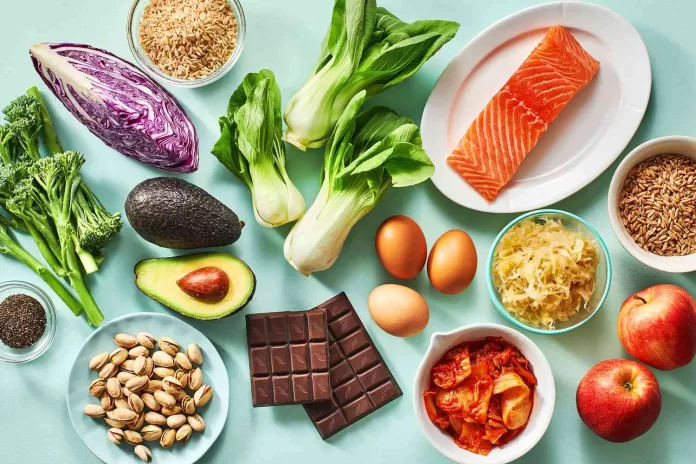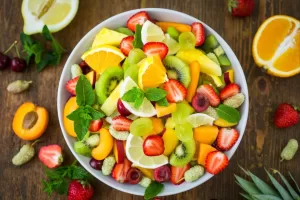Taking weight loss medication can be a helpful step in achieving your weight loss goals, but it’s important to pair it with a balanced diet to maximize its effectiveness. The right foods can help enhance your metabolism, control cravings, and provide the nutrients your body needs. Here’s a guide on what to eat while on weight loss medication.
Focus on Nutrient-Dense Foods
When you’re aiming to lose weight, especially while taking medication, prioritizing nutrient-dense foods is essential. These foods are rich in vitamins, minerals, and other beneficial compounds but relatively low in calories. Examples include:
- Fruits and Vegetables: Fill your plate with a variety of colorful fruits and vegetables. Fiber is especially key during weight loss. They are packed with fiber, which helps you feel full longer, and they provide essential nutrients. Think leafy greens, berries, oranges, carrots, and broccoli.
- Lean Proteins: Incorporating lean protein sources such as chicken, turkey, fish, tofu, and legumes can help you maintain muscle mass while losing fat. protein serves as a building block for hormones, enzymes and vitamins. It is also crucial in helping to repair and restore lean muscle mass, which is key to success with any weight-loss regimen. It also aids in satiety, reducing the likelihood of overeating.
- Whole Grains: Whole grains like brown rice, quinoa, and whole wheat bread are excellent sources of complex carbohydrates that provide energy and keep you feeling full. They also contain fiber, which is beneficial for digestion.
- Dairy: Dairy products, which include milk, cheese, yogurt, and other variations, are a significant source of essential nutrients. They are known for providing a good amount of protein, calcium, vitamins, and healthy fats, making them a valuable part of many diets.
Stay Hydrated
Staying hydrated is crucial when you’re on weight loss medication. Sometimes, our bodies can confuse thirst with hunger, leading to unnecessary snacking. Aim to drink plenty of water throughout the day, and consider herbal teas or infused water for variety. Keeping yourself hydrated can also help with energy levels and overall well-being.
READ ALSO: 10 Healthy Snacks for Diabetes Patients in Nigeria
Include Healthy Fats
Incorporating healthy fats into your diet can provide essential fatty acids and help you feel satisfied. Sources of healthy fats include:
- Avocados: Rich in monounsaturated fats, avocados can help keep you full and are versatile in salads, smoothies, or on toast.
- Nuts and Seeds: Almonds, walnuts, chia seeds, and flaxseeds are great options. They add crunch to meals and snacks, but be mindful of portion sizes since they are calorie-dense.
- Olive Oil: Using olive oil for cooking or as a dressing can provide healthy fats and enhance the flavor of your dishes.
Monitor Portion Sizes
While focusing on healthy foods is essential, portion control is equally important. Weight loss medications can sometimes suppress appetite, but it’s still possible to overeat healthy foods. Use smaller plates, measure portions, and listen to your body’s hunger cues to avoid consuming excess calories.
Conclusion
Taking weight loss medication can be a valuable tool in your weight loss journey, but combining it with a balanced, nutrient-dense diet is essential for achieving lasting results. Focus on whole foods, stay hydrated, monitor portion sizes, and be mindful of what you eat. Always consult with your healthcare provider or a registered dietitian for personalized advice that aligns with your specific medication and health goals. By making thoughtful food choices, you can support your weight loss efforts and enhance your overall well-being.


